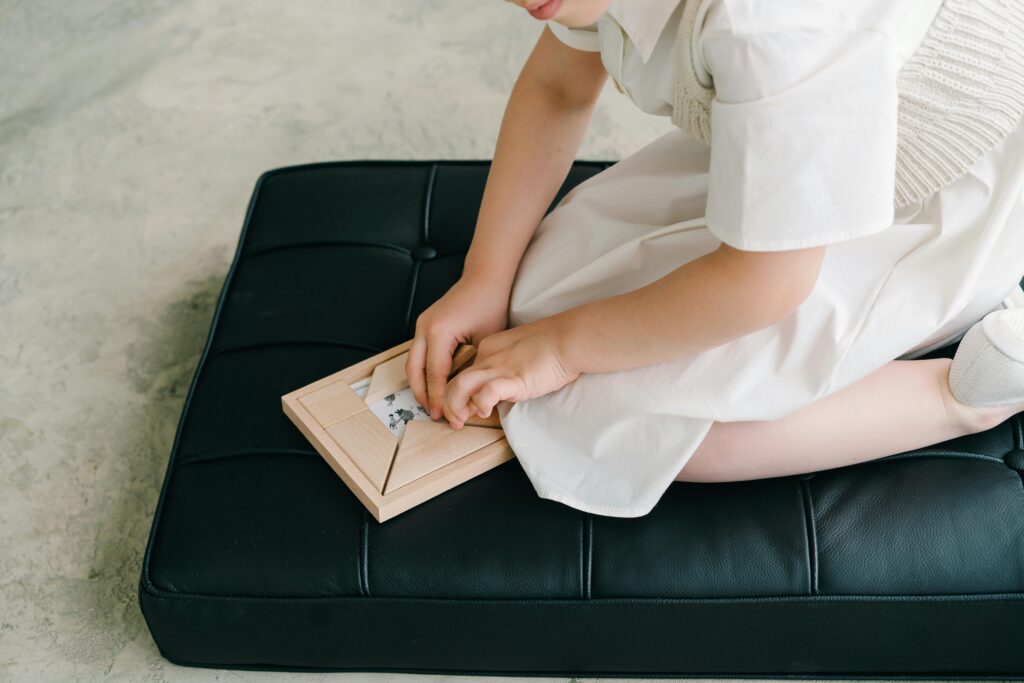Mindfulness Games for Kids to Reduce Stress and Improve Focus
In today’s fast-paced world, even children are not immune to stress and anxiety. With school pressures, digital distractions, and social challenges, many kids struggle to stay calm and focused. Fortunately, mindfulness games offer a fun and effective way to help children relax, build emotional intelligence, and improve their attention spans. These games are not only engaging but also foster lifelong skills that contribute to emotional well-being and academic success.
Why Mindfulness Matters for Kids
Mindfulness is the practice of being fully present and aware of the moment without judgment. For children, mindfulness can improve concentration, regulate emotions, reduce anxiety, and enhance social interactions. When introduced in a playful, age-appropriate manner, mindfulness becomes a tool that kids naturally adopt in their daily lives.
Best Mindfulness Games for Kids
1. The Breathing Buddy Game
Have your child lie down with a favorite stuffed animal on their belly. Ask them to take slow, deep breaths and watch the stuffed animal rise and fall. This simple activity teaches breath awareness and helps children calm down when feeling overwhelmed.
2. Mindful Coloring
Provide coloring books or printables with intricate patterns and encourage your child to focus on the colors and patterns they choose. Mindful coloring boosts focus, reduces anxiety, and nurtures creativity.
3. Sound Hunt
Take your child to a quiet area and challenge them to listen carefully and identify five different sounds—birds chirping, leaves rustling, distant cars, etc. This game sharpens auditory awareness and encourages kids to focus on the present moment.
4. The Freeze Game
Play upbeat music and ask your child to dance. Pause the music randomly and instruct them to freeze. During the freeze, ask them to take a deep breath and notice how their body feels. This combines movement with mindful body awareness.
5. Mindful Jar
Fill a clear jar with water and glitter. Shake it and watch the glitter swirl. Ask your child to observe how the glitter settles. Use the jar as a metaphor for emotions—when upset, our minds are like the shaken glitter jar, but with time and stillness, things become clearer.
Benefits of Mindfulness Games
Improved Focus: Regular mindfulness practice increases attention span, helping children perform better in school.
Emotional Regulation: Mindfulness helps kids recognize and manage their feelings instead of reacting impulsively.
Stress Reduction: Breathing exercises and mindful thinking reduce cortisol levels and promote calmness.
Better Sleep: A calm mind contributes to improved sleep patterns and deeper rest.
Enhanced Empathy and Kindness: Mindful kids tend to be more understanding, patient, and emotionally connected with others.
How Parents Can Encourage Mindfulness Through Play
Practice Together: Join your child during mindfulness games to create shared moments of calm.
Be Consistent: Incorporate short mindfulness sessions into your child’s daily routine, such as before bed or after school.
Use Visual Aids: Tools like breathing cards, coloring books, or glitter jars can enhance the experience.
Create a Peace Corner: Designate a calming area with cushions, books, and sensory toys where kids can unwind and practice mindfulness when needed.
Frequently Asked Questions
Q1: At what age can children start practicing mindfulness?
A1: Mindfulness can be introduced as early as age 3, using simple games and breathing techniques tailored to the child’s developmental level.
Q2: How long should mindfulness games last?
A2: Start with 3–5 minutes for younger children and gradually increase as their attention span grows. The key is consistency rather than duration.
Q3: Do mindfulness games require special tools or materials?
A3: Most games use simple, everyday items like toys, coloring books, or jars. The focus is more on intention and attention than materials.
Q4: Can mindfulness help children with ADHD or anxiety?
A4: Yes, studies have shown that mindfulness improves focus, reduces hyperactivity, and helps children manage anxiety and emotional dysregulation.
Q5: How often should mindfulness games be practiced?
A5: Practicing mindfulness 3–5 times a week, even for a few minutes, can yield noticeable benefits in emotional and mental well-being.
# Outdoor Adventures
# Splash and Play
# Summer Toy Ideas
# Active Playtime
# Backyard Fun
# Sports for Kids
# Physical Activity Toys
# Water Fun
# Movement-Based Play
# Trampoline Safety Tips

